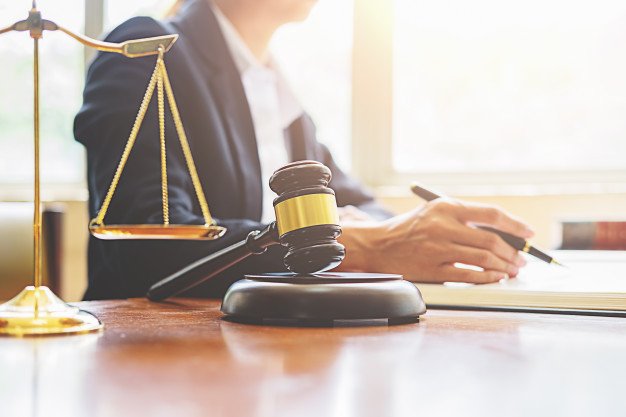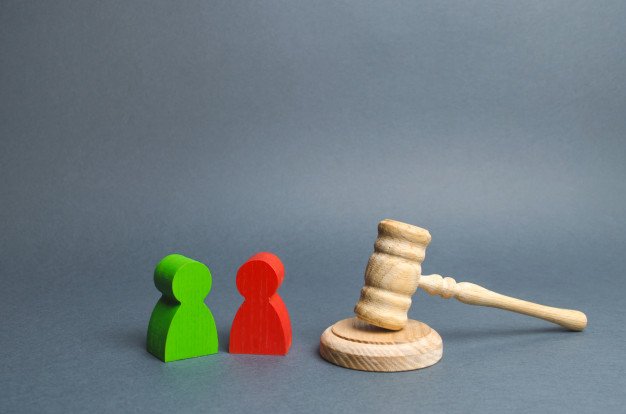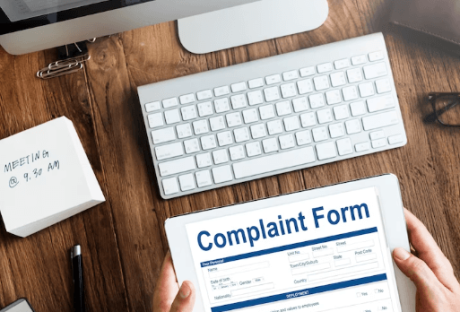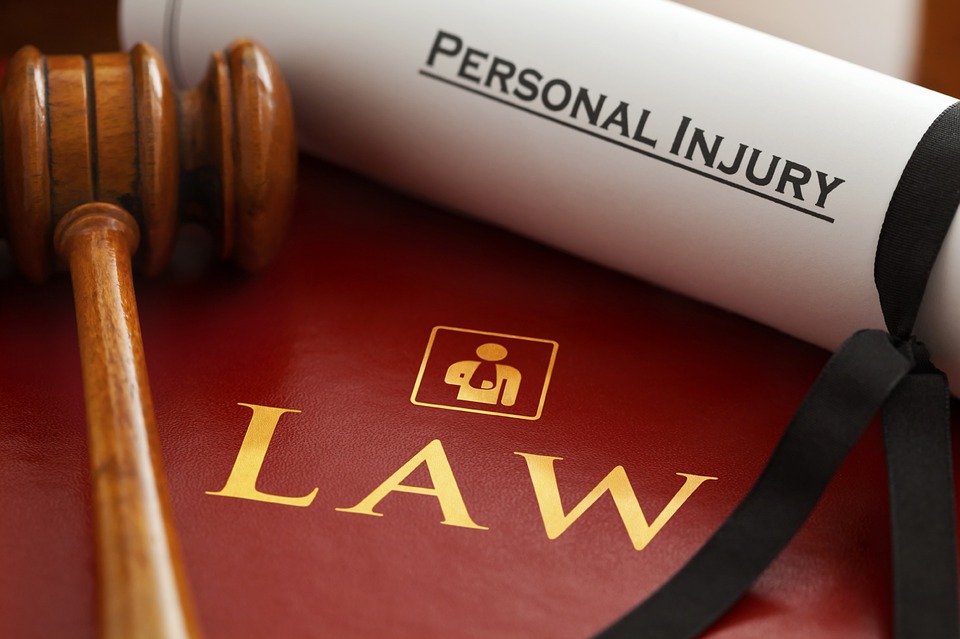A divorce decree is a document which is the most authentic proof of the fact that a couple that was previously married is now divorced. Therefore, the couple must be mindful of keeping it safely post their divorce. Most divorce lawyers in Delhi would also advise their client to continue to have possession of the divorce decree even years after their divorce since it is not always possible to foresee the purposes for which that divorce decree might be needed in future.
This blog shall aim to stress the importance of a divorce decree and acquaint our readers with the importance of keeping a divorce decree safe, even years after the divorce has been finalized.
The reason why a divorce decree is so important is that it bears the official seal and stamp of the court’s officer or the court clerk.
The decree duly delivered by a judicial magistrate is likely to contain, apart from the fact that the couple is divorced, also details pertaining to custody, alimony, visitation, maintenance, division of assets and liabilities, etc.
Why a Divorce Decree is Important?
Suppose that a divorced person wants to remarry. Before issuing him a marriage registration certificate, the first thing that the marriage registrar is going to ask for is a divorce decree relating to the previous marriage because, barring Mohammedan law, the personal laws of almost all other religions prohibit bigamy and polygamy.
Another instance where a party may require a copy of a divorce decree is to ascertain their rights before the court if the other party/spouse defaults in performing his duties under the divorce decree. For instance, if the other spouse, denies the first spouse visitation rights to the child, or the other spouse defaults in payment of monthly maintenance or alimony to the first spouse, then, to be able to enforce these rights before a court of law, the aggrieved spouse shall definitely need a certified and true copy of the divorce decree. The divorce decree shall act as conclusive proof of the rights to which the aggrieved spouse is entitled to and therefore cannot be rebutted by any other evidence in a court law. The court will then, on seeing a copy of the divorce decree, prima facie hold the defaulting party in contempt of court.
How can you get your Divorce Decree Made?
For all the above-mentioned purposes, possession of a divorce decree is incumbent. If the person fails to possess one, he or she must apply to the court for obtaining a certified copy of the same.
As a first step, what the party can do is to approach his or her lawyer, which he or she had hired for their divorce case. Lawyers usually maintain a record of documents of all their cases until a reasonable amount of time. This, they do because even they realize the importance of legal documents and in order to render to their client an enhanced service, they prefer keeping a file wise record of all the essential documents of all their cases.
If the party had not hired a lawyer and had obtained their divorce on their own, or if their lawyers also do not have a copy of the same, the party will necessarily have to approach the court, which had granted them their divorce decree.
Specific Details that a Divorce Decree needs to have
For this purpose, the party will require knowledge of certain details, pertaining to the year of his or her divorce, the court, which granted the divorce, the name of the judge or bench, which granted the divorce, etc. These details will help the court clerk to easily access the case and find the divorce decree for that particular matter. Once the decree is found, all that the party has to do is to collect the said, certified and true copy of the divorce decree, paid the requisite fee to the concerned court clerk and then that copy of the divorce decree shall be duly handed over to the applicant party.
However, notwithstanding the fact that the court clerk may obtain a copy of the divorce decree from the court clerk, there always exists the possibility that even the court loses track of such record and the copy of the divorce decree is not found in the court’s record even after an expansive search. It is therefore advisable that the parties themselves maintain a copy of such important legal document for as long as they live.
Read Also:






















